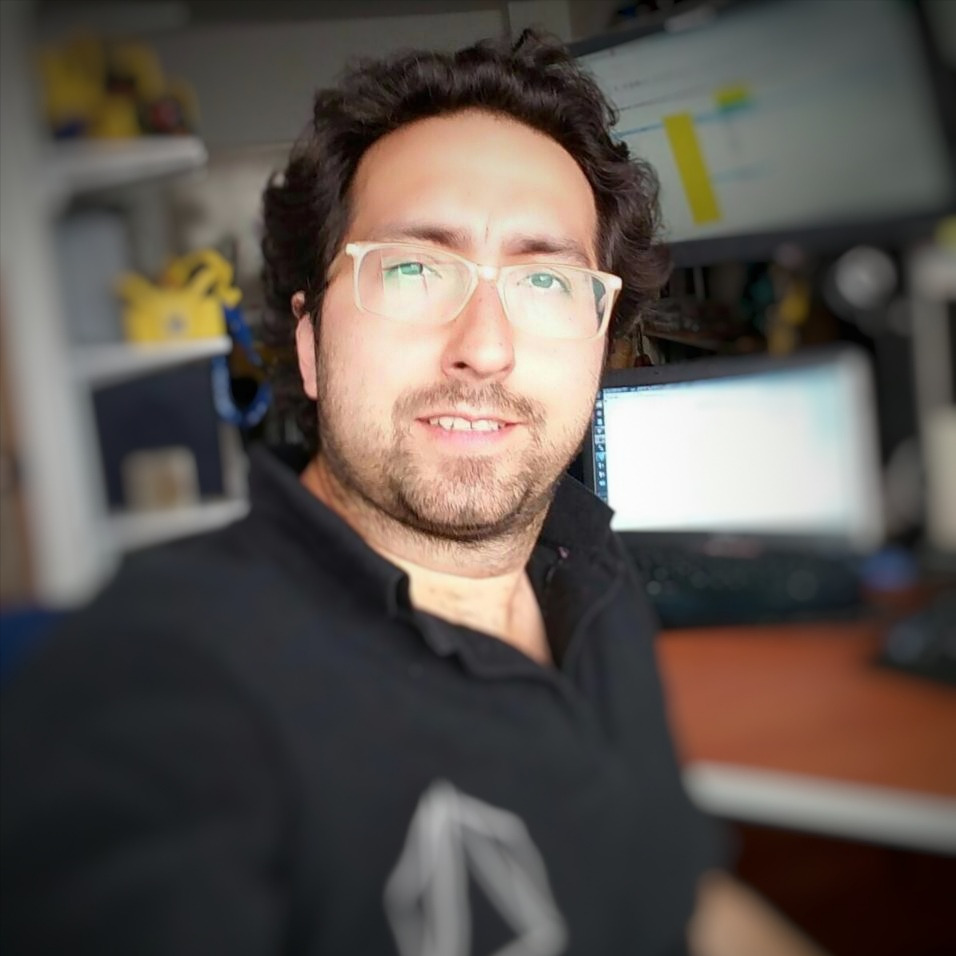This contribution is on trying to define premises that may apply to the proof of concept exercise. By defining some conditions that restrain the evaluated thing and with this restriction see through a logic method if they are restrictions to a non-viable model or restrictions that cooperate into a consistent model.
To explain this is by method similar, in avoiding data information bias. If by concluding the restrictions restrain the model too much to a particular case rather than restrain it to a viable yet broad possible scenarios.
restrictions are based on reflections about the subject commented with Subash Chapagain and further lectures on work made by others
About what of your being is or are connected during the process and how to measure it
To define basic variables of the proof of concept test, let us define that consciousness would be the one thing that is connected during the OBE experience. In accordance with the posted references on the consciousness analysis, by defining this restriction one will say that when OBE occurs, consciousness will be on that reality laying the body on his biological functionality, not being in two places at once and all five IIT axioms will apply only to that further reality experience.
Consciousness as conceived to humans seems irreducible to separate elements.
In the same manner consciousness flows from awake reality into dream, it could be possible to flow from state A into state B, into C, etc, not limiting to which state A should be (this is from which state to start) and understanding that a transitional state will be an OBE.
About consciousness capability.
Individuals to test on OBE, must be trained in consciousness. They must be capable to identify themself in what kind of reality they are to a point that can be made a group with more than one element, at least but not restrain to: (1) awake, (2) sleep-dreaming, (3) hallucination due to plant or synthetic based products; hallucinations due to any inside substance or state of mind is out of reach of this scope. This group could have a name, for simplicity I suggest R-baseGroup.
If a person is capable to identify themselves as part of a reality rather than just exist by reaction in that reality, may be possible that could be integrated the information exhibit during an out of body experience and by understanding that it were in a different reality of the R-baseGroup, could be created a memory of the experience into the conscious of the being and so could be recorded a positive OBE.
If the subject to test can only be rational and a memory decision maker on an awake reality, it could be possible that their connection between brain and consciousness will not create a rememberable situation of a non congruent successive events.
Similarly, if the person does not recall dreaming, if it lacks decision within a dream by only being in “dream” situations and not being able to acknowledge it as a change in reality or the person during hallucinations is almost lost on emotional creations, been incapable to recognize what parts are of the hallucination process and which are not. It could be suggested that the mind of that person wouldn’t be able to bond a congruent memory of the experience if it occurred and fall into false-positive OBE events with ease.
In a similar way that a infant crawler do not understand yet the potential of a running, yet sees a person runs (and would be hard to prove it does not understand the run as a running), that infant will not be able to run, until learns to manage equilibrium, to walk and question himself about urge/joy to displacement and so may run.
The conscious must be trained to understand a given situation if it wants to be recalled.
Consciousness will be that thing experiencing the OBE and should be trained to differentiate it.
Because the proof of concept here matters to the viability of OBE, we are focusing on one self experience and not in a collective OBE group of persons experience. So the person that is subject to the test must be in the capacity of recalling it, differentiate from a group of known situations of consciousness.
Let's define a R-baseGroup composed of the collections of realities a consciousness may differentiate. The higher the order or the group, the better. It would be interesting to read which other kinds of reality you may consider or even better if you are in agreement with the proposed restriction.
This conclusion by his own seems not too much different from what can be found on the subject of OBE, but the difference here is the facts and logical procedure to achieve it.
Finally please have present the recommended lecture on laws of thought , because of the nature of the challenge is to generate a method to proof if possible or not, so in this sense this book, which I founded myself hard to comprehend and totally recommended to brainstormers self appointed to this challenge, may laid useful tools on the quest and could help by applying the methods imparted on the book, to avoid redundant divagation that may fall into this topic of OBE.
This creative contribution is a quest into the definition of viable conditions to generate the proof of concept, rather than start by the presumption that if viable then what, or what does it implies to be viable? Which attempts to question the nature of the experience and the dimensionality as well, the biochemical nature,physical properties, etc. Here we attempt to define which would be the required conditions (please evaluate and complement with further restrictions to the proof of concept test) in which could be evaluated to viable OBEs.








